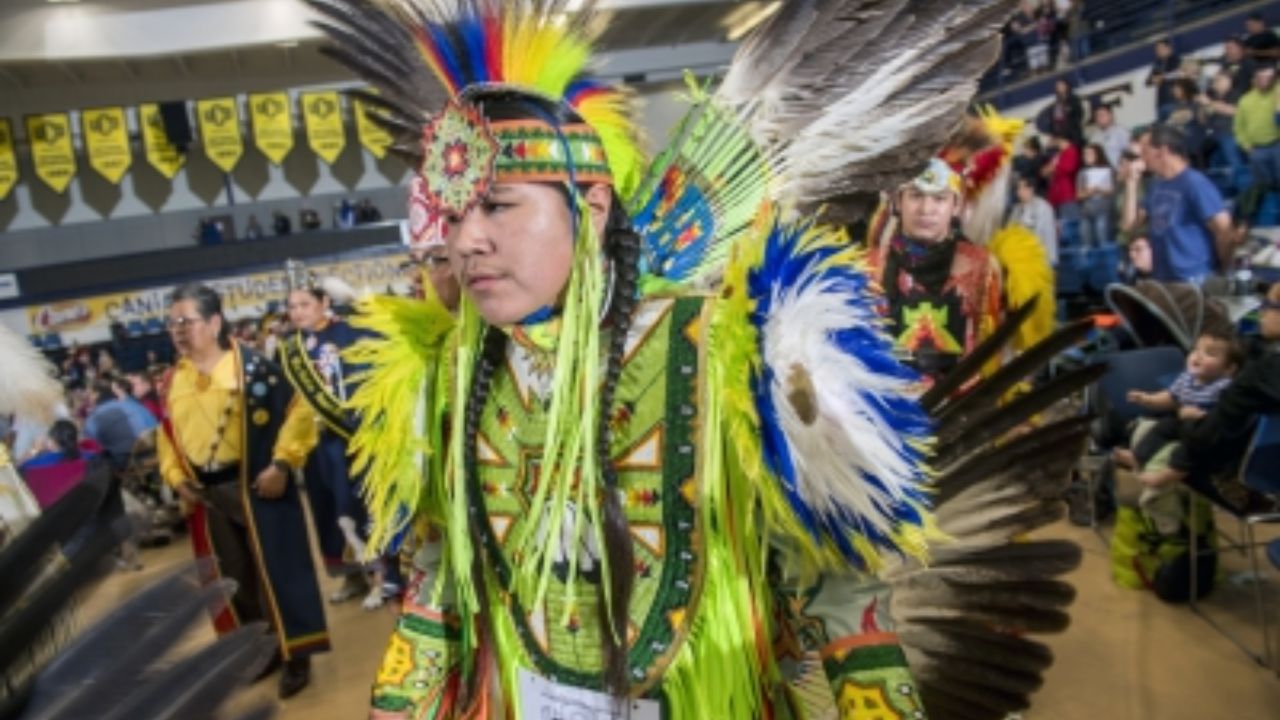For those looking to explore Native American heritage in Rhode Island, the following eight resources stand out as essential tools for education and cultural appreciation.
Unique Museums and Educational Institutions Highlighting Native Heritage
The Tomaquag Museum is the only museum in Rhode Island operated by and for Native people, focusing on Narragansett history and traditional ecological knowledge. Visitors and educators have access to comprehensive educational materials such as curricula, podcasts, videos, storytelling sessions, and informative booklets. These resources are widely used in both schools and community events, providing immersive learning experiences.
Similarly, the Haffenreffer Museum of Anthropology at Brown University offers educational modules like This Land is Home: A Seasonal Round in Native New England, which explores Indigenous lifeways and seasonal cycles relevant to the region. The museum’s exhibits and scholarly resources contribute to a greater understanding of anthropology and archaeology in a Native context.
Historical Societies and Archives Preserving Indigenous Narratives
The Rhode Island Historical Society (RIHS) complements museum efforts by providing engaging programs such as virtual talks, lunch-and-learn sessions, and lectures delivered by scholars and Indigenous artists. These initiatives amplify Native voices and history throughout the year.
In addition, the Rhode Island Secretary of State’s Office and State Archives hold critical primary sources, including land deeds between Indigenous peoples and colonists. Their themed collections and educational materials serve as invaluable tools for students and educators seeking original documents that shed light on Rhode Island’s colonial and Indigenous interactions.
Digital Tours and Online Educational Initiatives
The First Peoples’ Rhode Tour offers an interactive online experience by highlighting historically significant Native American sites across Rhode Island. This resource provides insightful perspectives on the lives and legacies of the Narragansett and other Indigenous communities, making cultural heritage accessible to a broader audience.
The ENRICHri Digital History Sourcebook is another excellent digital platform that provides lesson plans, primary sources, and multimedia content focusing on Narragansett history and broader Native American topics within Rhode Island. It serves as a dynamic tool complementing classroom instruction and independent study.
Academic and Community Support for Indigenous Studies
Brown University’s Native American and Indigenous Studies Initiative (NAISI) is a vital academic resource offering extensive educational materials such as readings, videos, tribal website links, and scholarship opportunities. NAISI supports both students and educators in deepening their engagement with Indigenous histories and contemporary issues.
Community organizations like the Rhode Island Indian Council and culturally significant events during Native American Heritage Month (November) foster community participation and cultural celebration. Institutions such as Rhode Island College and RISD also contribute by hosting special programming and exhibitions dedicated to Native American heritage.
Key Facts at a Glance
- Tomaquag Museum: Operated by Native people offering diverse educational materials.
- Rhode Island Historical Society: Virtual talks and programs focused on Native heritage.
- Haffenreffer Museum: Educational modules connecting Indigenous seasonal cycles and lifeways.
- State Archives: Primary documents like land deeds from colonial and Indigenous interactions.
- First Peoples’ Rhode Tour: Interactive online tour of significant Native American sites.
- NAISI at Brown University: Extensive educational resources and scholarships.
- ENRICHri Digital Sourcebook: Multimedia educational materials on Native history.
- Community Organizations: Cultural events and engagement opportunities, especially during Native American Heritage Month.
“The Tomaquag Museum stands as an essential cultural hub, offering educational resources that ensure Native voices and histories remain central to Rhode Island’s understanding of its past,” said a representative of the museum.
These resources collectively enhance the awareness and recognition of Native American heritage in Rhode Island, providing accessible and meaningful ways to learn about Indigenous peoples’ history, culture, and ongoing contributions.
Celebrate and Learn: Engage with Native American Heritage in Rhode Island
With such a diverse array of resources available, Rhode Island residents and educators are invited to explore, celebrate, and preserve Native American heritage. Whether you’re a student, teacher, or community member, these resources open doors to rich cultural experiences and knowledge.
What do you think about these Native American heritage resources in Rhode Island? Have you visited any of these museums or participated in educational programs? Share your thoughts in the comments below.




